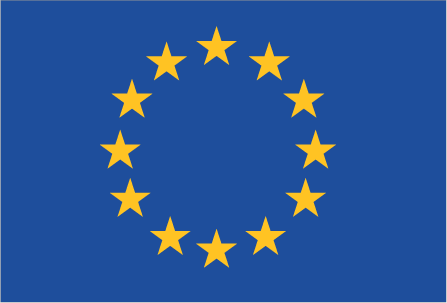Sustainability and Rio+20
In preparation for the United Nations Conference on Sustainable Development (UNCSD or Rio+20), the sustainability debate will dominate the coming year in development negotiations both inside and outside the EU. In order to combat unacceptable levels of environmental degradation and chronic poverty, as well as the growing threat of climate change, progressive action need to be taken at both an EU and UN level. Rio+20, held in June 2012, is a precious chance for decision makers to take such action.
 As an industrialised region and global economic power, the EU is one of the principal actors in the sustainability debate and with this influential role comes great responsibility. Disappointingly, current EU positioning for Rio+20 has largely been un-ambitious in tone. In the European Commission’s joint Communication “Rio+20: towards the green economy and better governance”, released by DG DEVCO and DG ENV on 20 June this year, the EC proposes a ‘green economy roadmap’ as a route to sustainable development. However, the green economy proposed is not a significant break from the current macroeconomic model. Equity, as a fundamental element of sustainable development, is largely missing from the document. If this position is carried forward to Rio+20, it could add to a list of recent disappointing international conferences.
As an industrialised region and global economic power, the EU is one of the principal actors in the sustainability debate and with this influential role comes great responsibility. Disappointingly, current EU positioning for Rio+20 has largely been un-ambitious in tone. In the European Commission’s joint Communication “Rio+20: towards the green economy and better governance”, released by DG DEVCO and DG ENV on 20 June this year, the EC proposes a ‘green economy roadmap’ as a route to sustainable development. However, the green economy proposed is not a significant break from the current macroeconomic model. Equity, as a fundamental element of sustainable development, is largely missing from the document. If this position is carried forward to Rio+20, it could add to a list of recent disappointing international conferences.
This being said, a recent motion for a resolution produced by the ENVI committee was more promising, with efforts being made to fully incorporate the three pillars of sustainable development (economic, social and environmental). However, the European Parliamentary has been given little time to respond to the Commission’s Communication. As a result the EP’s response is being prepared with a shortened timetable making it impossible for the DEVE committee to produce a formal opinion for the resolution. Given the cross-cutting nature of Rio+20, as well as the conference’s explicit development focus, is raises concerns.
The Council will adopt Conclusions for the conference in an Environmental Ministers meeting on 10 October ahead of the deadline for a consolidated EU position of 1 November set by the UN for receipt of contributions for the “zero” draft of the Rio+20 outcome document. The content of the Council Conclusions is yet to be negotiated, but similarly to the EP position, Development Ministers do not appear to have a clear role. The “zero” draft will provide an initial basis for negotiations that will continue within the UN until the conference in Rio. While there may be possibilities for further elaboration of EU positions during the first part of 2012 it is likely that position adopted by the Council in October 2011 will define the substantive position of the EU.
Overall, an air of pessimism surrounds Rio+20, which is unsurprising given results of international negotiations as of late. The recent UNFCCC negotiations in Bonn were deemed unsuccessful as climate negotiations continued to stagnate due to the unwillingness of countries in the rich North to acknowledge financial and political responsibility for ozone depletion and environmental degradation. In May, plans were abandoned at CSD-19 to produce a final outcome text after meetings broke down following a failure to find consensus. Given the failure of CSD-19, it is clear strong EU positioning at the conference is needed to break the deadlock in international negotiations. Rio+20 is a precious chance to take action, and one that should be fully used by the EU and its member states.
Sources
Originally published at Eurostep.org
